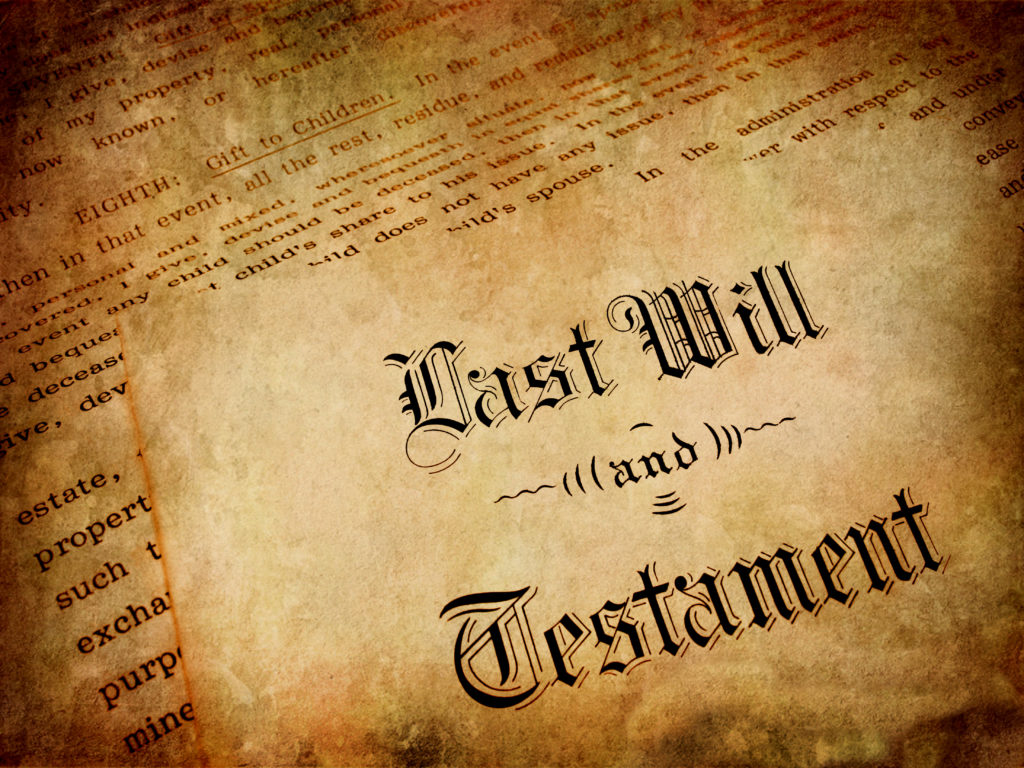The Realities of Estate Theft or Fraud

If you suspect that you or a loved one is a victim of estate fraud, you may not be imagining it. Estate theft can represent big money, and it can be very simple for someone to do it.
In many cases, all it requires is a signature on a piece of paper. Beneficiaries and estate executors may have reasonable questions about the property and other assets contained within a decedent’s estate, trust, or will. The questions they have may include:
- Where did their money go, and why is the estate not reflecting the wealth that was associated with the decedent?
- Why was that person chosen as the executor of the estate? Why was this other person not chosen when they seem to make a much better fit for the role?
- Why was that person chosen to inherit those assets instead of that other person?
- What happened to the assets specified in the will or trust? Where did they go?
Concerns of Estate Theft without Proof
Very often, establishing fraud against an estate begins with an heir or the executor noticing that something isn’t right or seems off. In addition to the above questions, there may be discrepancies in the estate’s accounting. Alternately, the provisions made by the decedent may not seem to align with the views they had while they were alive.
For example, if the decedent was estranged from one of their children but was close to the other children, and yet, they left most of their valuable assets to the child they had not spoken to in years, this will likely raise questions. However, it’s important to keep in mind that there may be perfectly understandable reasons for certain actions which at first seemed unexplainable.
Decisions about one’s legacy can be greatly influenced by thoughts of how family members will be affected after one’s death. For these reasons, it can be beneficial to enlist the help of an estate lawyer who can provide objective and insightful legal advice to those concerned. Such an estate lawyer can determine if hiring a forensic accountant is necessary and may be fruitful in gaining answers to questions about possible fraud.
Disgruntled Heirs
An individual who expected to be included in the decedent’s will and anticipated inheriting substantial assets may be disappointed to learn that they were either not included in the will or else did not inherit as much as they expected. Perhaps they believe that someone pressured the decedent to make decisions about their will that favored that other individual at their expense. Undue influence is not unheard of, and these concerns of the disgruntled heir may be quite valid. This is a common scenario when a will is contested by someone who felt they were wronged by another heir or by the decedent themselves.
Common Flags that Indicate the Possibility of Estate Theft
There are many possible indicators of estate theft or fraud. Here are some of the most common:
- The decedent’s will was changed shortly before the decedent passed away. Why was it changed, and who benefits from the changes?
- Was the main beneficiary a manipulative individual who may have exerted undue influence over the decedent? Was the decedent possibly coerced in any way to designate the individual as a major heir?
- The decedent’s child or spouse was excluded from the will without any explanation from the decedent in the will’s instructions.
- The will was not drafted by the decedent’s attorney and was not signed or witnessed.
